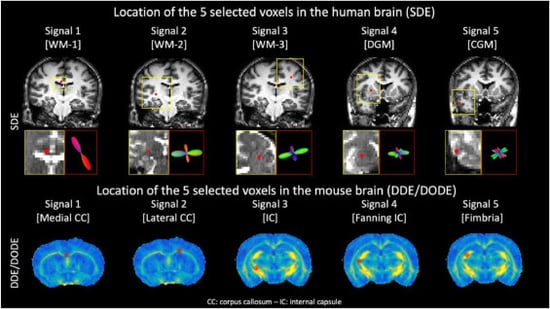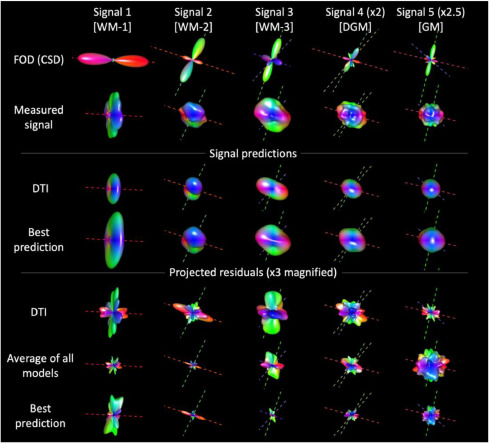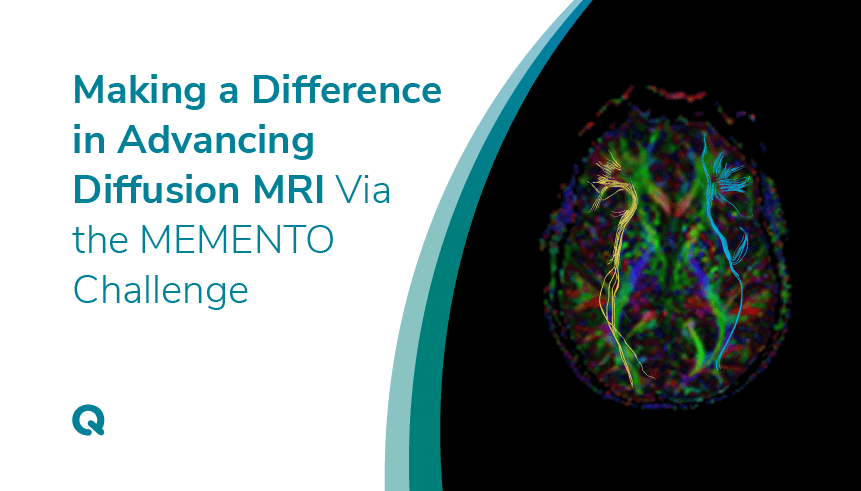Diffusion MRI (dMRI) is a vital imaging technique that provides great insight into the brain microstructure. Examining these microstructural properties of the brain can not only help enrich our understanding of brain development, plasticity, and aging, but have also been shown as very useful biomarkers for many neurodegenerative diseases such as Alzheimer’s and Parkinson’s Disease.
To increase the knowledge and better understand the relationship between the MRI signal and the underlying brain tissue microstructure, a community from around the world came together to address this important brain research topic.
The Memento Challenge made 4 dMRI imaging datasets available so that comparisons could be made across algorithms and modeling techniques. The goal was to highlight the strengths and limitations of the field and gain new insights on different dMRI models. Over the course of a year, eight participant teams submitted their results, with a total of 80 signal fits.

The resulting work of this community effort, led and coordinated by Vanderbilt University Medical center and University Medical Center Utrecht, has been published on ScienceDirect (link below) in a recent issue of NeuroImage.
QMENTA was pleased to be able to support this challenge through the use of our neuroimaging analysis cloud platform and user support. The platform allows for global data aggregation, integration, classification and advanced analysis as well as results sharing.

You can read the full details and results of this challenge as published on ScienceDirect and in NeuroImage, titled: "On the generalizability of diffusion MRI signal representations across acquisition parameters, sequences, and tissue types: Chronicles of the MEMENTO challenge".
This challenge acts as a benchmark database for the evaluation of other future models and the full datasets are made available here https://github.com/PROVIDI-Lab/MEMENTO.git and can also be executed on the QMENTA platform. Contact us to find out more.
Please note: Images in this post source from the scientific publication. QMENTA's CEO, Vesna Prchkovska and CTO, Paulo Rodriguez, are among the co-authors.

